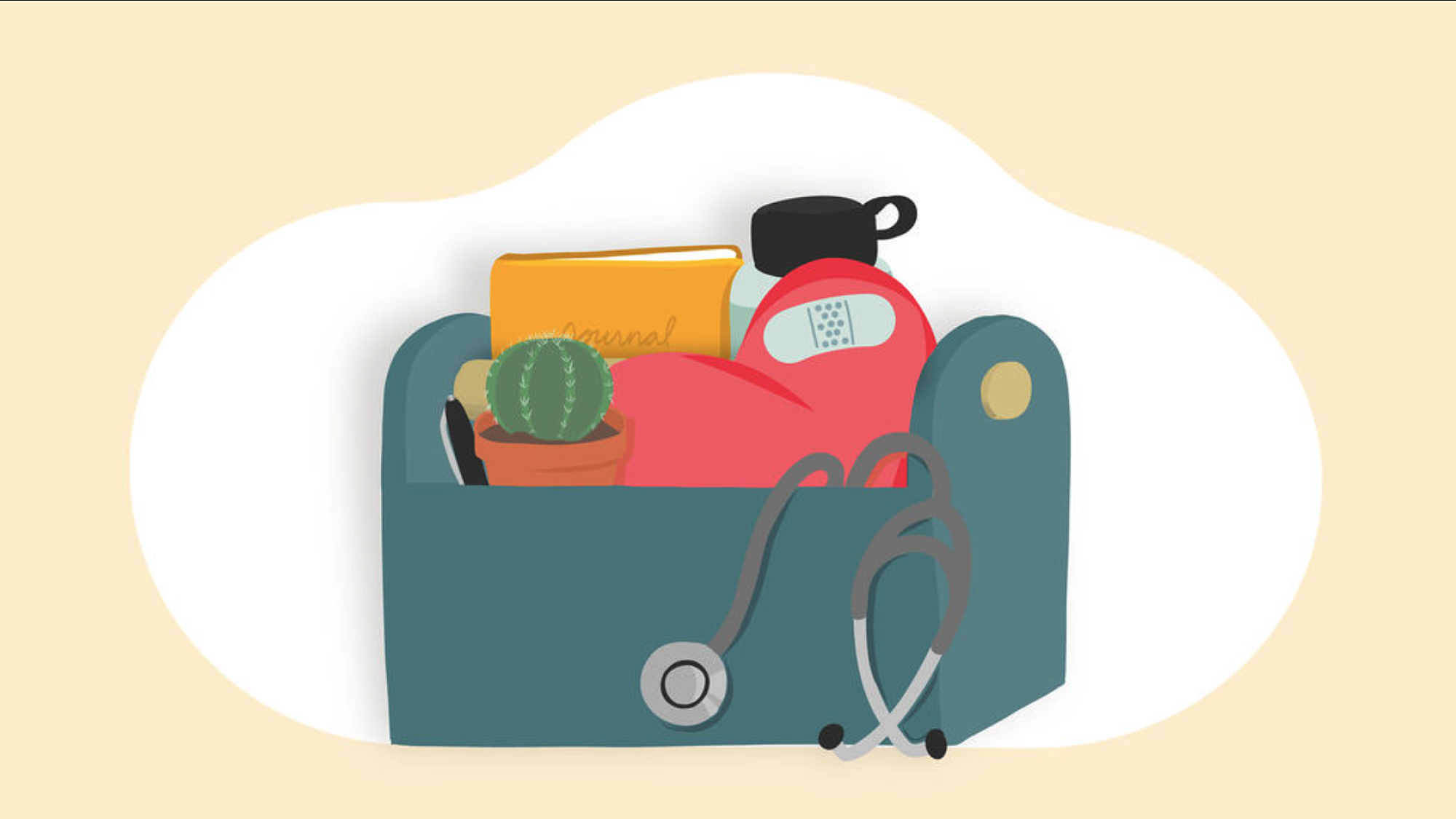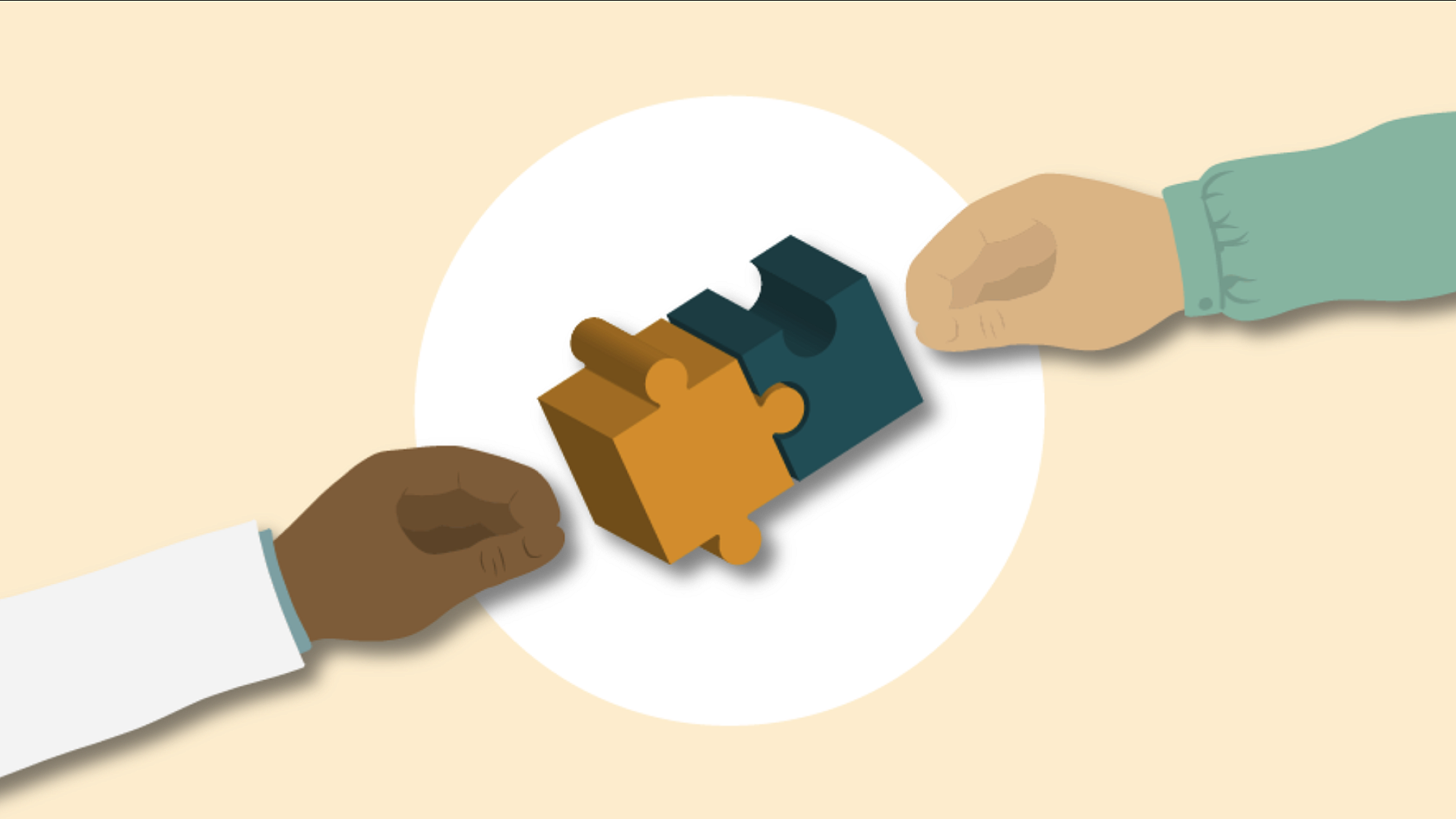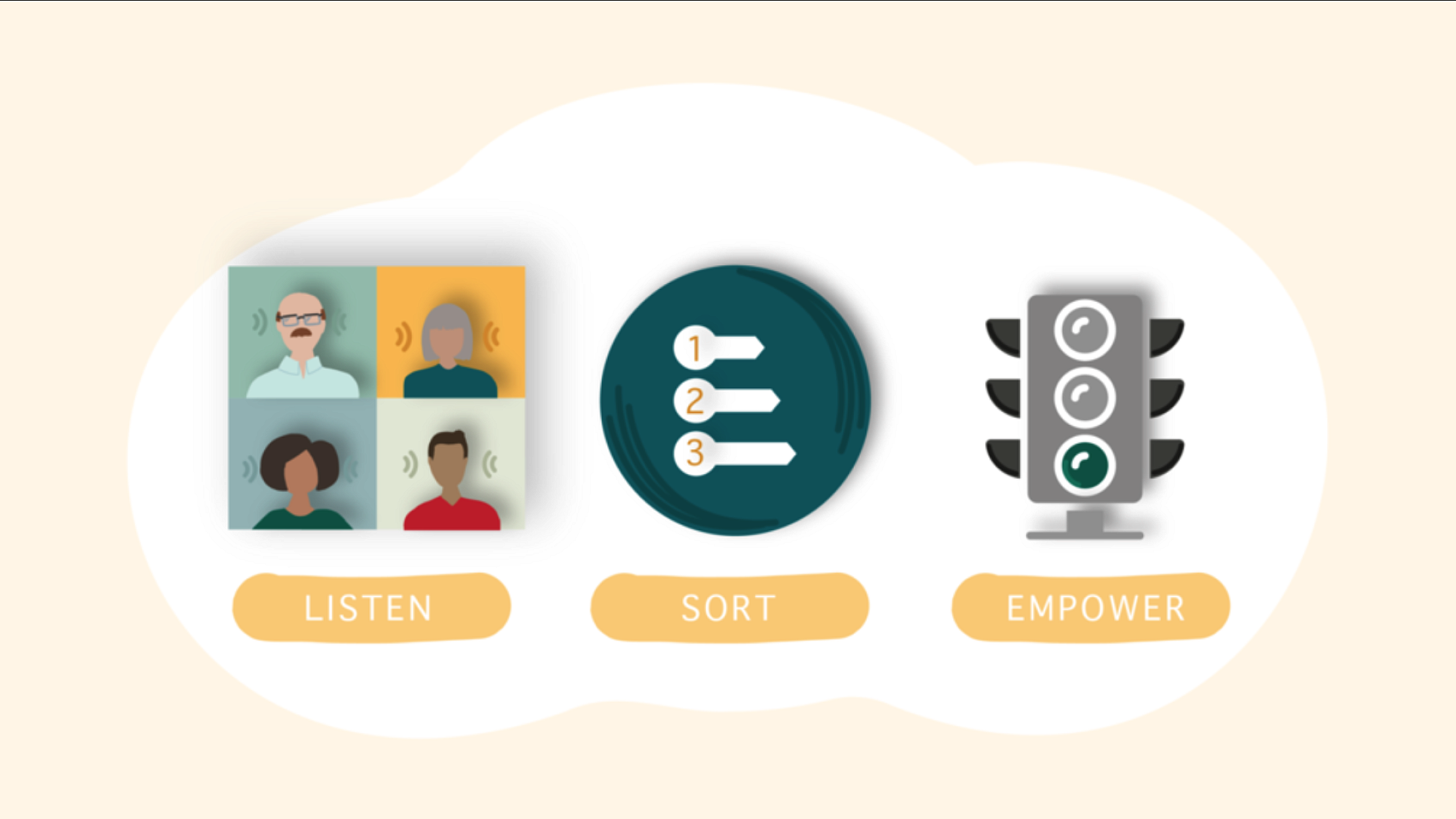
Coronavirus Employee Well-Being Resources
Maintain Your Resilience & Wellness
General Support Questions
Resiliency Center
Phone: 801-213-3403
Email: resiliencycenter@hsc.utah.edu
The Resiliency Center exists to foster wellness and resilience for all employees within University of Utah Health. In response to the coronavirus crisis, we will be working with colleagues from across the organization to provide well-being resources to the U of U Health community and beyond.
Local Community Crisis Helpline
Free, 24/7 Community Crisis Response Website
1-800-273-TALK (toll free)
1-801-587-3000 (local)
National Crisis Helpline
Disaster Distress Helpline: 1-800-985-5990
Text: TalkWithUs to 66746
Employee Counseling Services
Phone: 801-587-9319
Email: kendrick@blomquisthale.com
Resident & Fellow Questions
Phone: 801-213-8753
Email: amy.armstrong@hsc.utah.edu
Medical Student Questions
Phone: 801-585-1207
Email: teresa.stocks@hsc.utah.edu
Employee Illness & Testing
Phone: 801-581-2227
HMHI (UNI) Outpatient Psychiatry Services
Physicians, providers, nurses and other COVID-19 front-line staff can access short term psychiatry and therapy services through telehealth services with psychiatric providers at HMHI (UNI) Outpatient Behavioral Health Clinics.
We are available to treat these conditions with medications and psychotherapy:
- Acute stress disorder
- Depression
- Anxiety
- Insomnia
Thirty–60 minute visits available.
Please email unioutpatientpsychiatry@hsc.utah.edu for more information and to schedule.
Explore Online Resources
Self-Care
Coping with Stress (CDC)
Coronavirus & Mental Health: Taking Care of Ourselves During Infectious Disease Outbreaks (APA)
Managing Stress Associated with the COVID-19 Virus Outbreak (Veterans Affairs)
Mental Health and Coping During COVID-19 (CDC)
Taking Care of Your Emotional Health (CDC)
Family-Care
Helping Children Cope with Emergencies (CDC)
Just for Kids: A Comic Exploring the New Coronavirus (NPR)
Supporting Children During Coronavirus (NCTSN)
Taking Care of Your Family During Emerging Infectious Disease Outbreaks (CSTS)
Talking to Teens & Tweens about Coronavirus (NYT)
Health-Care Professionals & Teams
Accelerate Connect: Local Expert Strategies for Well-being (U of U Health)
Accelerate Explore: Simple Well-being Practices You Can Do Right Now (U of U Health)
Beyond Burnout: A Physician Wellness Hierarchy Designed to Prioritize Interventions at the Systems Level (Am J Medicine)
Caring for our Caregivers During COVID-19 (AMA)
For Providers and Community Leaders: Helping People Manage Stress (Veterans Affairs)
Managing Healthcare Workers’ Stress Associated with the COVID-19 Virus Outbreak (Veterans Affairs)
Skills for Psychological Recovery (SPR) Manual (Veterans Affairs)
COVID Education
Coronavirus & Emerging Infectious Disease Outbreaks Response (CSTS)
Five Ways to View Coverage of the Coronavirus (APA)
Q&A on Coronaviruses (WHO)
Red Book Online COVID-19 Outbreak Page (AAP)
Research Information: Pandemics (APA)
Speaking of Psychology: Coronavirus Anxiety (APA)
Sustaining the Well-being of Healthcare Personnel During Infectious Disease Outbreaks (CSTS)


